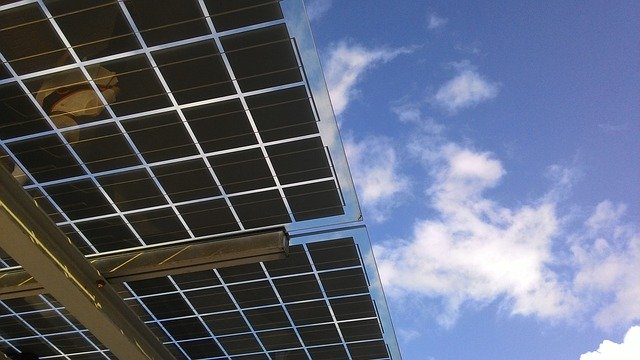
Built solar assets are underperforming’ & modules degrading faster than expected
New research shows Solar asset underperformance continues to worsen, with projects “chronically underperforming” P99 estimates and modules degrading faster than previously anticipated. kWh Analytics’ new Solar Risk Assessment, pulled together a raft of industry experts to assess the greatest risks to the global solar industry and has identified a number of serious threats which threaten to reduce investor returns and damage the industry’s credibility moving forward.
The report itself is separated into three sections, detailing the risk to solar assets posed by financial modeling, operational performance and extreme weather. Each section features insight from a range of contributors including the likes of PV Evolution Labs, BloombergNEF, Fracsun and Nextracker.
kWh Analytics’ most recent figures place the median annual degradation for residential solar systems as 1.09% and non-residential systems at 0.8%. The report states that over a 20-year asset life, project degradation could therefore be underestimated by as much as 14%, resulting in severaly overestimated performance and revenue forecasts produced within a P50 model. The firm says the “system misalignment between actual and estimated degradation” is negatively impacting the industry, and P50 modeling assumptions should be re-evaluated and re-calibrated immediately.
Information Source: Read full Article ..–>

